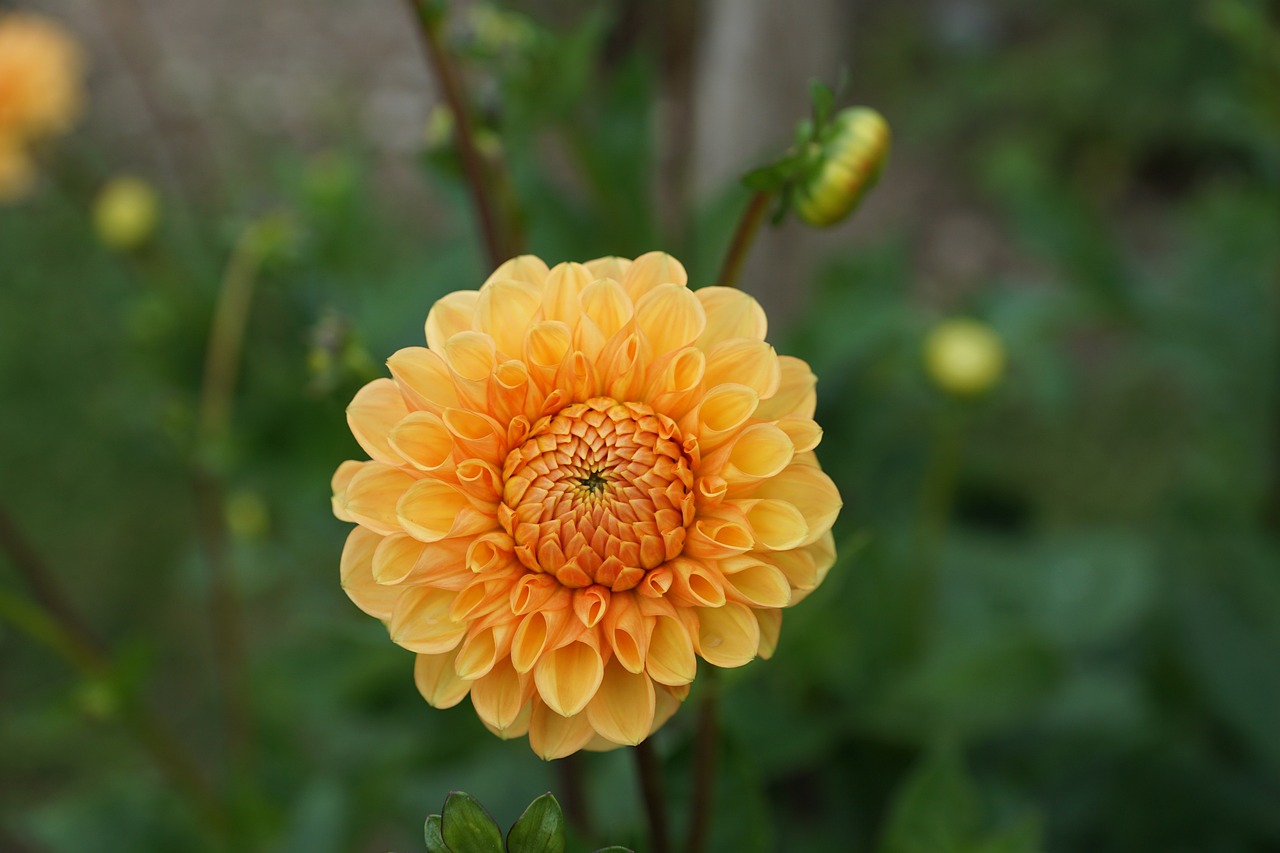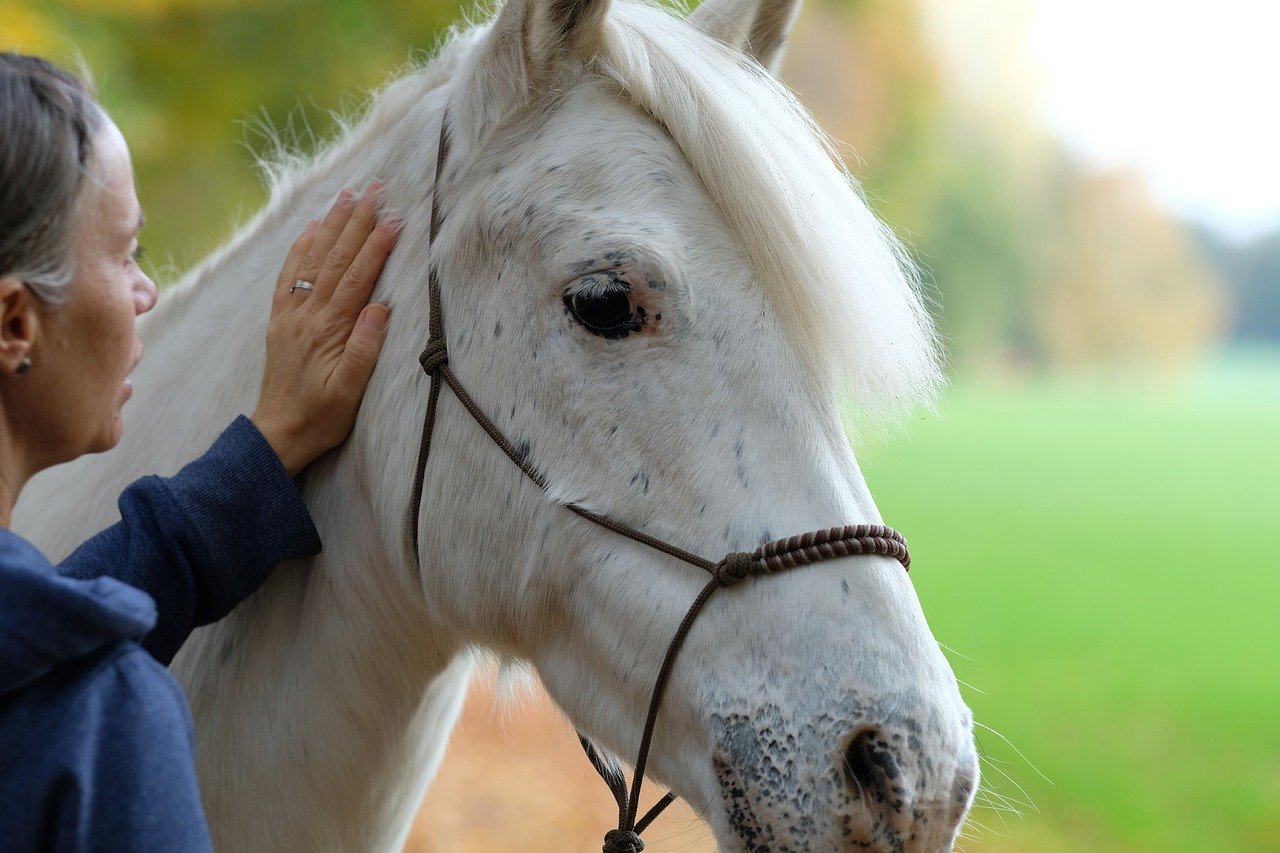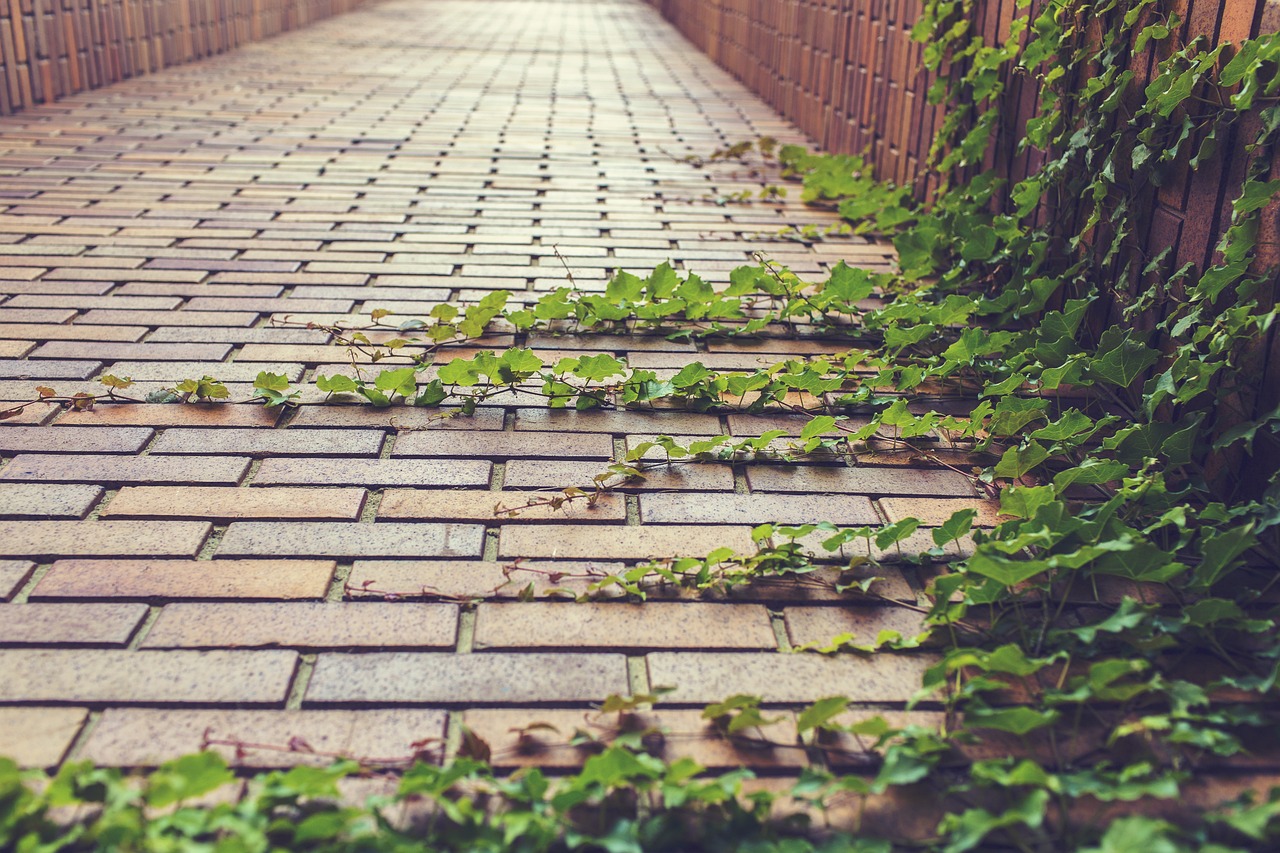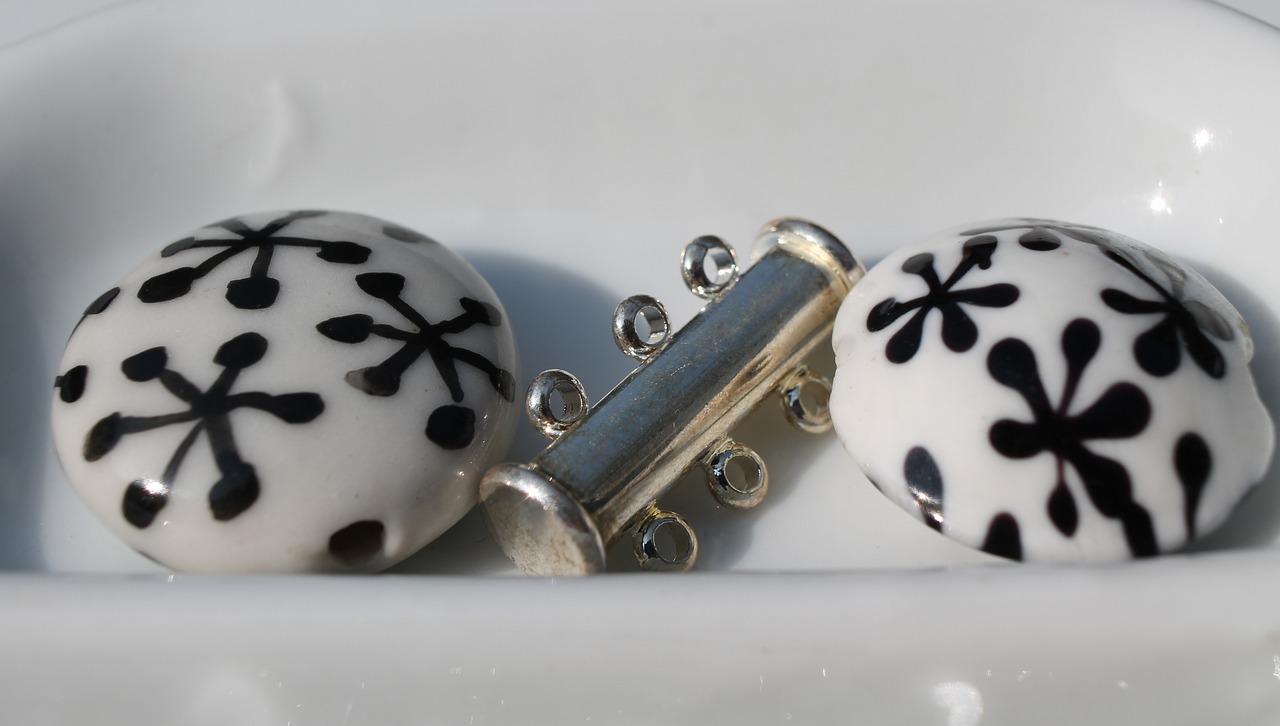How to Find Peace in a Chaotic World
Living in a chaotic world can often feel overwhelming, with constant demands and distractions pulling us in all directions. However, amidst the hustle and bustle of modern life, it is possible to find moments of peace and tranquility. By incorporating certain strategies and practices into our daily routine, we can cultivate inner calm and clarity, allowing us to navigate the chaos with a sense of groundedness and serenity.
One powerful way to find peace in a chaotic world is to practice mindfulness daily. By engaging in present moment awareness, we can reduce stress, quiet the mind, and enhance mental clarity. Mindfulness allows us to observe our thoughts and emotions without judgment, creating space for inner peace to flourish.
Another essential practice is to cultivate gratitude. By fostering appreciation for the positive aspects of life, we can shift our focus from what is lacking to what we already have. Gratitude promotes a sense of peace and contentment, reminding us of the abundance that surrounds us even in the midst of chaos.
One of the most effective ways to connect with a sense of peace is to embrace nature. Spending time outdoors allows us to immerse ourselves in the calming and grounding energy of the natural world. Whether it's a walk in the park, a hike in the mountains, or simply sitting by a tree, nature has a way of soothing our souls and restoring our inner balance.
To create a sanctuary of peace within our daily lives, it is important to establish a relaxation routine. This could involve practices such as meditation, yoga, or deep breathing exercises. By incorporating these rituals into our day, we can promote relaxation, reduce stress, and cultivate a sense of calm amidst the chaos.
Surrounding ourselves with positive relationships is also crucial in finding peace. By nurturing connections with supportive and uplifting individuals, we can enhance our emotional well-being and create a sense of belonging. Positive relationships provide a source of comfort and strength, helping us navigate the challenges of life with greater resilience.
Learning to set boundaries is another key aspect of finding peace in a chaotic world. By saying no to activities and people that drain our energy and create chaos in our lives, we can protect our mental and emotional well-being. Setting boundaries allows us to prioritize self-care and focus on what truly matters to us.
Practicing self-compassion is essential in times of difficulty or stress. By being kind and understanding towards ourselves, we can cultivate a sense of inner warmth and acceptance. Self-compassion enables us to navigate challenges with greater ease and resilience, fostering a deep sense of peace within.
To create a sense of calm and order in our external environment, it is important to simplify our environment. Decluttering our physical space and simplifying our commitments can help reduce overwhelm and create a sense of clarity and peace. By streamlining our surroundings, we create space for tranquility to enter our lives.
Finally, it is important to remember that seeking professional help when needed is a sign of strength, not weakness. If navigating challenging emotions and situations becomes overwhelming, don't hesitate to reach out to a therapist or counselor for support. Seeking professional help is a proactive step towards finding peace and healing in the midst of chaos.

Practice Mindfulness Daily
Strategies and practices to cultivate inner peace and tranquility amidst the hustle and bustle of modern life.
Engage in present moment awareness to reduce stress and enhance mental clarity. Mindfulness involves focusing on the present moment without judgment, allowing you to fully experience your thoughts, emotions, and surroundings. By practicing mindfulness daily, you can cultivate a sense of calm and inner peace even in the midst of chaos.

Cultivate Gratitude
Strategies and practices to cultivate inner peace and tranquility amidst the hustle and bustle of modern life.
Engage in present moment awareness to reduce stress and enhance mental clarity.
Foster appreciation for the positive aspects of life to promote a sense of peace and contentment.
Spend time outdoors to connect with the calming and grounding energy of the natural world.
Create a daily ritual that promotes relaxation, such as meditation, yoga, or deep breathing exercises.
Surround yourself with supportive and uplifting individuals who contribute to your emotional well-being.
Learn to say no to activities and people that drain your energy and create chaos in your life.
Be kind and understanding towards yourself, especially in times of difficulty or stress.
Fostering gratitude is like planting seeds of positivity in the garden of your mind. When you cultivate gratitude, you water the roots of contentment and happiness within yourself. It's about acknowledging the good things in your life, no matter how small they may seem, and appreciating them deeply. By focusing on what you have rather than what you lack, you shift your perspective towards abundance and abundance breeds peace. Gratitude acts as a shield against negativity, allowing you to navigate through life's challenges with a sense of grace and resilience.
Declutter your physical space and simplify your commitments to reduce overwhelm and create a sense of calm.
Don't hesitate to reach out to a therapist or counselor for support in navigating challenging emotions and situations.

Embrace Nature
Strategies and practices to cultivate inner peace and tranquility amidst the hustle and bustle of modern life.
Embracing nature is like a soothing balm for the soul, offering a respite from the constant buzz of urban life. When you immerse yourself in the natural world, you are enveloped by the calming energy of the earth, grounding you in the present moment. Whether it's a leisurely stroll in the park, a hike in the mountains, or simply sitting by a serene lake, nature has a way of quieting the mind and rejuvenating the spirit.
Imagine the gentle rustle of leaves in the wind as nature whispers its timeless secrets to you. The vibrant colors of flowers and the melodious songs of birds create a symphony of peace that resonates deep within your being. Nature's beauty is a reminder of the simplicity and harmony that exists beyond the chaos of our daily lives.
Studies have shown that spending time in nature can reduce stress, lower blood pressure, and improve overall well-being. The fresh air, sunlight, and greenery work together to uplift your mood and restore a sense of balance. Nature invites you to slow down, breathe deeply, and appreciate the beauty that surrounds you.
So, make it a point to embrace nature regularly. Whether it's a weekend getaway to the countryside or a daily visit to a nearby park, allow yourself to reconnect with the natural world. Feel the earth beneath your feet, the sun on your skin, and the wind in your hair. Let nature's tranquility wash over you, bringing peace and serenity to your busy life.
Q: How often should I practice mindfulness?
A: It's beneficial to practice mindfulness daily, even if it's just for a few minutes. Consistency is key in reaping the full benefits of present moment awareness.
Q: How can I simplify my environment?
A: Start by decluttering your living space and organizing your belongings. Then, evaluate your commitments and prioritize those that truly bring value and joy to your life.
Q: When should I seek professional help?
A: If you find yourself struggling with overwhelming emotions or situations that you can't handle on your own, don't hesitate to reach out to a therapist or counselor for support.

Establish a Relaxation Routine
Strategies and practices to cultivate inner peace and tranquility amidst the hustle and bustle of modern life.
Creating a relaxation routine is essential for maintaining a sense of calm and balance in your daily life. By incorporating activities that promote relaxation into your daily schedule, you can effectively manage stress and improve your overall well-being.
One effective way to establish a relaxation routine is to start your day with a short meditation session. Taking just a few minutes in the morning to center yourself and focus on your breath can set a peaceful tone for the rest of the day.
Yoga is another excellent practice to include in your relaxation routine. Not only does yoga help to relax the body and mind, but it also promotes flexibility and strength. Whether you prefer a gentle flow or a more vigorous practice, finding a yoga routine that suits your needs can be immensely beneficial.
Incorporating deep breathing exercises throughout your day is a simple yet powerful way to reduce stress and promote relaxation. Taking deep, intentional breaths can help calm the nervous system and bring a sense of peace to your mind and body.
Additionally, ending your day with a relaxation ritual, such as a warm bath, reading a book, or listening to calming music, can signal to your body that it is time to unwind and prepare for restful sleep. Creating a bedtime routine that promotes relaxation can improve the quality of your sleep and contribute to overall well-being.
Remember, consistency is key when establishing a relaxation routine. By making time for relaxation each day, you are prioritizing your mental and emotional health, allowing yourself to recharge and face the challenges of life with a sense of calm and resilience.

Nurture Positive Relationships
Strategies and practices to cultivate inner peace and tranquility amidst the hustle and bustle of modern life.
Building and maintaining positive relationships with others is essential for your emotional well-being. Surrounding yourself with supportive and uplifting individuals can significantly contribute to your overall sense of peace and contentment. These relationships act as a source of strength, comfort, and joy in the midst of life's challenges.
When you nurture positive relationships, you create a network of people who understand, encourage, and uplift you. These connections provide a sense of belonging and acceptance, which are fundamental for your mental and emotional health. By fostering relationships based on trust, respect, and mutual support, you create a supportive environment that helps you navigate through life's ups and downs.
Positive relationships also offer opportunities for growth and self-discovery. Interacting with others allows you to learn from different perspectives, gain new insights, and broaden your horizons. Through meaningful connections, you can develop empathy, compassion, and understanding, which are essential qualities for fostering harmonious relationships.
It's important to invest time and effort in building and nurturing positive relationships. Communication, honesty, and genuine care are key components of healthy connections. By prioritizing meaningful interactions and cultivating empathy towards others, you contribute to a positive and supportive social circle that enhances your well-being.
Remember, relationships are a two-way street. It's essential to not only receive support but also offer it in return. By being there for others, listening actively, and showing empathy, you strengthen the bonds of your relationships and create a reciprocal environment of care and understanding.
In conclusion, nurturing positive relationships is a vital aspect of finding peace in a chaotic world. Surround yourself with individuals who uplift you, support you, and bring positivity into your life. Cultivating meaningful connections based on trust, respect, and empathy can significantly enhance your overall well-being and contribute to a sense of inner peace and harmony.

Set Boundaries
Setting boundaries is a crucial aspect of maintaining inner peace and managing the chaos of daily life. Just like a fence around a garden protects the plants from unwanted intruders, personal boundaries safeguard your well-being from external stressors and negative influences. By learning to say no to activities and people that disrupt your peace, you create a safe space where your energy can flourish and your mind can find serenity.
Boundaries come in various forms, from setting limits on your time and availability to establishing emotional boundaries that protect your mental health. It's about recognizing your own needs and priorities, and valuing your time and energy enough to protect them. When you set boundaries, you are essentially drawing a line that defines what is acceptable and what is not, creating a healthy balance that fosters peace and harmony in your life.
Imagine your boundaries as the walls of a castle, strong and resilient, shielding you from the chaos and distractions of the outside world. They serve as a barrier that filters out negativity and preserves your inner tranquility. By setting clear boundaries, you communicate your values and self-respect to others, ensuring that your well-being remains a top priority.
Setting boundaries is not about building walls that isolate you from the world but rather creating gates that allow only positive influences to enter. It's a practice of self-care and self-respect that empowers you to take control of your life and protect your peace of mind. Remember, it's okay to say no and prioritize your own needs; in fact, it's essential for maintaining a sense of balance and harmony in a chaotic world.

Practice Self-Compassion
Strategies and practices to cultivate inner peace and tranquility amidst the hustle and bustle of modern life.
Self-compassion is a powerful tool that allows you to treat yourself with kindness and understanding, especially during challenging times. It involves acknowledging your own suffering and extending the same care and support to yourself that you would to a close friend. By practicing self-compassion, you can build resilience, enhance self-esteem, and cultivate a greater sense of inner peace.

Simplify Your Environment
Strategies and practices to cultivate inner peace and tranquility amidst the hustle and bustle of modern life.
Creating a serene and clutter-free environment is essential for finding peace in the midst of chaos. By decluttering your physical space and simplifying your commitments, you can reduce overwhelm and create a sense of calm that permeates your daily life.
Imagine your mind as a room filled with unnecessary items that serve no purpose other than to create chaos. By tidying up this mental space and removing the clutter, you allow for clarity and peace to flow in effortlessly.
One effective way to simplify your environment is to start with your physical surroundings. Take a look at your living space and identify items that no longer serve you or bring you joy. Consider adopting the minimalist approach of keeping only the essentials and letting go of excess belongings that weigh you down.
Additionally, streamline your commitments and obligations. Learn to prioritize tasks and activities that align with your values and goals, saying no to those that only add unnecessary stress and busyness to your life. By setting boundaries and focusing on what truly matters, you create space for peace to thrive.
Think of simplifying your environment as creating a blank canvas where you can paint a picture of tranquility and harmony. Clearing away the distractions and unnecessary complexities allows you to focus on what truly brings you joy and fulfillment, fostering a sense of peace that radiates from within.
- How can mindfulness help in finding peace?
- Why is gratitude important for cultivating peace?
- What role do positive relationships play in finding peace?
- How does self-compassion contribute to inner peace?
Mindfulness involves being fully present in the moment, which can help reduce stress and enhance mental clarity, ultimately leading to inner peace.
Gratitude fosters appreciation for the positive aspects of life, promoting a sense of peace and contentment by shifting focus to what is good and uplifting.
Positive relationships with supportive individuals contribute to emotional well-being, creating a sense of peace and connection in one's life.
Practicing self-compassion involves being kind and understanding towards oneself, especially during challenging times, fostering a sense of peace and self-acceptance.

Seek Professional Help When Needed
When life becomes overwhelming and you find yourself struggling to cope with challenging emotions or situations, seeking professional help can be a crucial step towards finding peace and healing. It's important to remember that reaching out for support is a sign of strength, not weakness. Therapists and counselors are trained professionals who can provide you with the tools and guidance needed to navigate difficulties and improve your mental well-being.
Professional help offers a safe and confidential space for you to explore your thoughts and feelings, gain insight into your behaviors, and develop coping strategies. Through therapy, you can address underlying issues, work through past traumas, and learn valuable skills to manage stress and anxiety effectively. A therapist can offer a fresh perspective, unbiased feedback, and a supportive presence to help you navigate your challenges with clarity and resilience.
It's essential to find a therapist or counselor who you feel comfortable with and who specializes in the areas you need support in. Whether you're dealing with anxiety, depression, relationship issues, trauma, or any other mental health concern, a skilled professional can tailor their approach to meet your unique needs and goals. By engaging in therapy, you are taking an active role in your mental health and well-being, demonstrating a commitment to your personal growth and healing.
Frequently Asked Questions
- What is mindfulness and how can it help me find peace?
Mindfulness is the practice of being fully present and aware of your thoughts, feelings, and surroundings without judgment. By incorporating mindfulness into your daily routine, you can reduce stress, improve focus, and cultivate a sense of inner peace amidst chaos.
- Why is gratitude important for finding peace?
Cultivating gratitude involves recognizing and appreciating the positive aspects of your life, which can shift your focus from what is lacking to what you have. This shift in perspective promotes feelings of contentment, peace, and overall well-being.
- How does spending time in nature contribute to inner peace?
Connecting with nature allows you to unplug from the distractions of modern life and tap into the calming and grounding energy of the natural world. Being outdoors can help reduce stress, boost mood, and foster a sense of peace and tranquility.
- What are some relaxation techniques that can help me find peace?
Establishing a relaxation routine, such as practicing meditation, yoga, or deep breathing exercises, can promote relaxation, reduce anxiety, and create a sense of calm amidst a chaotic world.
- How do positive relationships contribute to inner peace?
Surrounding yourself with supportive and uplifting individuals who encourage your emotional well-being can provide a sense of security, belonging, and peace. Positive relationships offer comfort and strength during challenging times.



















